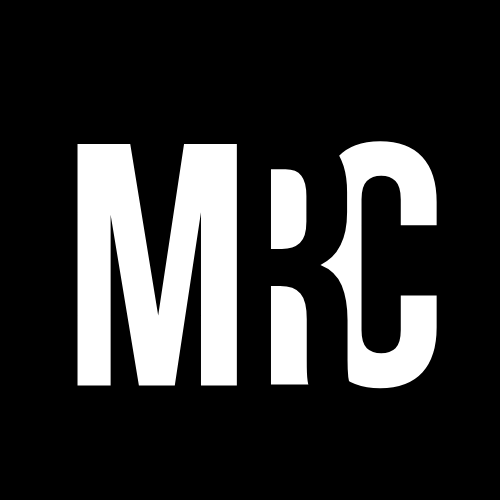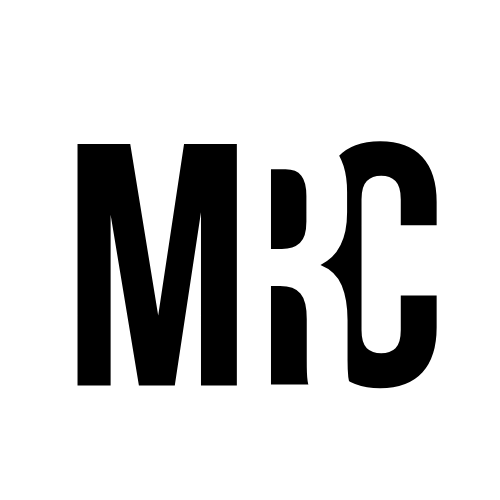Action & Justice Everyday
“It’s been 5 years since the TRC and Calls to Action have been released, a year and a half since the release of the MMIWG Final Report and Calls For Justice. We have to ask ourselves if we are farther along in reconciliation today?”
I ask this in the week that we receive the judgement in the trial against Barbara Kentner murderer in Thunder Bay. He was found guilty of manslaughter, some say this is not enough, but some were surprised that even that much was done. We need only look to the trials involving the murderers of Tina Fontaine & Colton Boushie in recent memory to see why so many have such little faith in the justice system to stand up for Indigenous women or Indigenous rights at all.
I ask this in the same month our premier said comments that were racist, entrenching divisions between First Nations people in Manitoba and those who he sees as “Manitobans”.
I ask this days after our police chief commented on “almost racist” police officer that has gone viral for two interactions, once again highlighting the growing movement towards reforming the police, defunding or even abolishing the police.
I ask this a week after I asked our mayor and the Executive policy committee to consider the way families are supported or not with this current 2021 budget. Shout out to Vivian Santos for being the strongest voice on city council for the many delegations (50 or more) that presented in a similar vein to me on the budget.
I ask this days after it blows up that the leader of the official opposition made disparaging remarks about the intentions of Indian Residential Schools, then walked them back. I responded on Twitter, you can see my response below:
As the son of an Indian Residential School survivor and product of the child welfare system, I've seen first hand the damage these schools caused. The damage ripples into the generations to come if we don't heal old wounds. Very dissapointing comments.https://t.co/zMlcXLnFHE
— Michael Redhead Champagne (@northendmc) December 16, 2020
I ask this as a new United Nations Declaration on the Rights of Indigenous People bill C-15 winds it’s way through parliament, introduced this time by the Liberal government. Last year a stronger version of the bill, Bill 262 was introduced as an NDP motion, supported by the government but was ultimately killed by Conservatives in the Senate.
I ask this in the months following the Facebook live streamed death of Joyce Echaquan in Quebec & as the lobster fishery dispute continues on the East coast in Mi’kmaki.
This is only a small selection of the current difficulties that Indigenous people are facing, so when people say get over it, I want you to understand that the challenges we are facing to simply live a good life with our families, we are in jeopardy everyday. We don’t get to rest. We need our allies to step into the line of fire and help us access basic needs so we can care for ourselves and our families.
Indigenous people have been through some stuff in history and it continues today - family separation, lack of water, violations of Indigenous land rights and Indigenous rights period. Indigenous people have poorer health outcomes than our non Indigenous neighbours and over represented in systems like child welfare and justice. Child Poverty is disproportionately affecting Indigenous families as well, a recent study released has shown. None of this takes into consideration how these challenges are compounded by the COVID-19 pandemic. I think many people have heard of the challenges my relatives in Shamattawa are facing dealing with multiple concurrent health crises. Hopefully I will have more to update on that topic in the near future.
How Do We Know?
How do we know when we are making progress? I think it is simple, because it means that Indigenous people and our families will be healthy. But here are some specific indicators we can look to to see if we are truly making progress:
Do all Indigenous people in Canada have access to clean water?
Are there less Indigenous children in child welfare?
Are the health outcomes for Indigenous people improving?
Are there Indigenous people who are homeless on their own lands?
Are Indigenous people adequately represented in employment via the systems we are negatively over represented in as clients?
How to Help
Often, I am asked by non-Indigenous people what they can do to further reconciliation. If you have the luxury of asking that question, then you should have the capacity to do this little bit of research before you approach individuals who are currently battling all of the difficulties every day that I mentioned above.
Read the MMIWG and TRC reports.
Bonus if you include additional reports like UNDRIP, or regional documents too
Select at least one Call to Action (TRC) and one Call for Justice (MMIWG)
Write them down and put them somewhere that you will see them everyday
we have to face this every day, join us in our pain so we can celebrate our victories and our healing together
Take action at every available opportunity yourself
Encourage your family, friends, co-workers, workplaces and communities to do the same
This is literally a life or death struggle Indigenous families are involved in and I promise you - we need all the help we can get. Thank you to all of the IRS survivors, over 150,000 who attended those schools. Thank you to the thousands of relatives of missing and murdered Indigenous women and girls who shared your painful ordeals. Thank you to all of the helpers who put these documents together.
Now, it’s our turn
It is on the rest of us to take these documents and notice one very simple thing: they don’t have recommendations. They have calls to ACTION and calls for JUSTICE. I know that this detail is at the heart of what Indigenous families are asking for. Please ask yourself, everyday that Indigenous people like myself take action for justice just to care for our families - what can you do to help us in our goals of living a good life where our basic needs are met?



